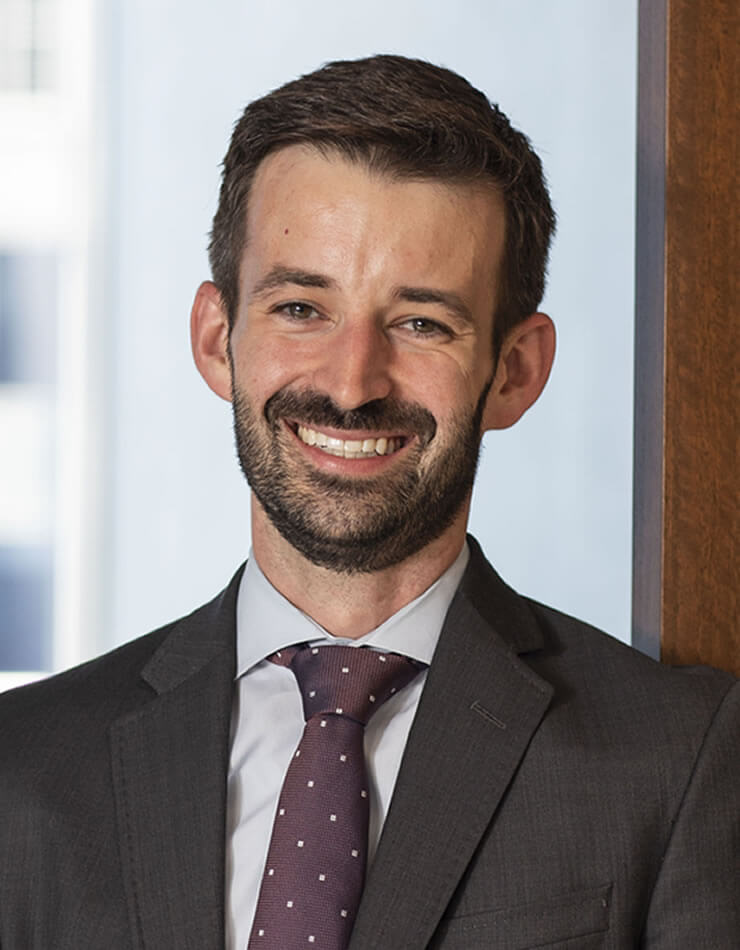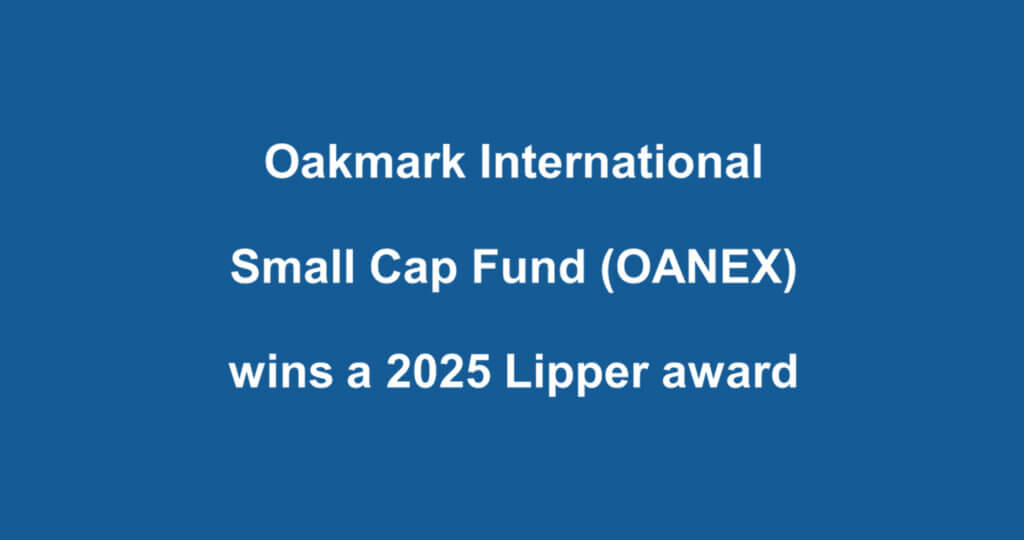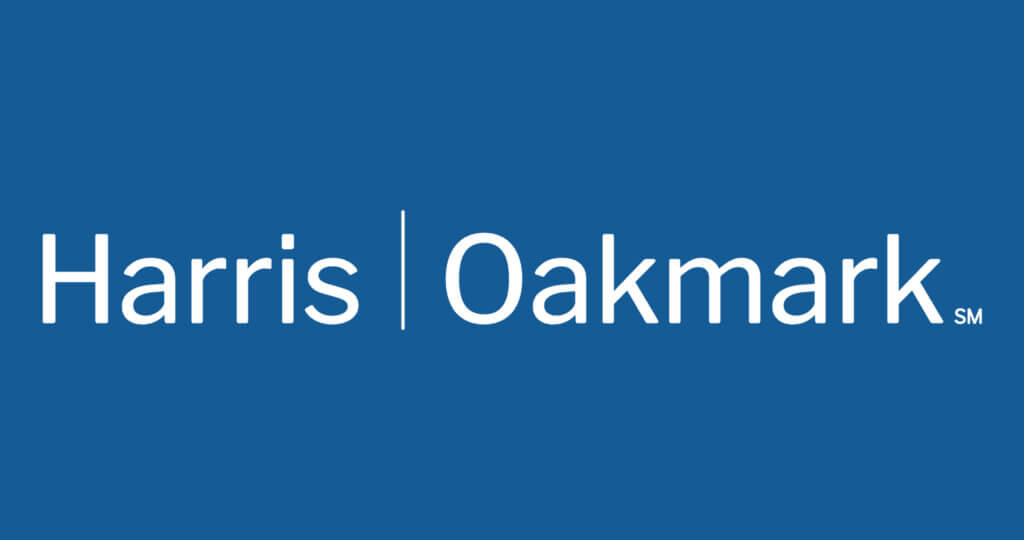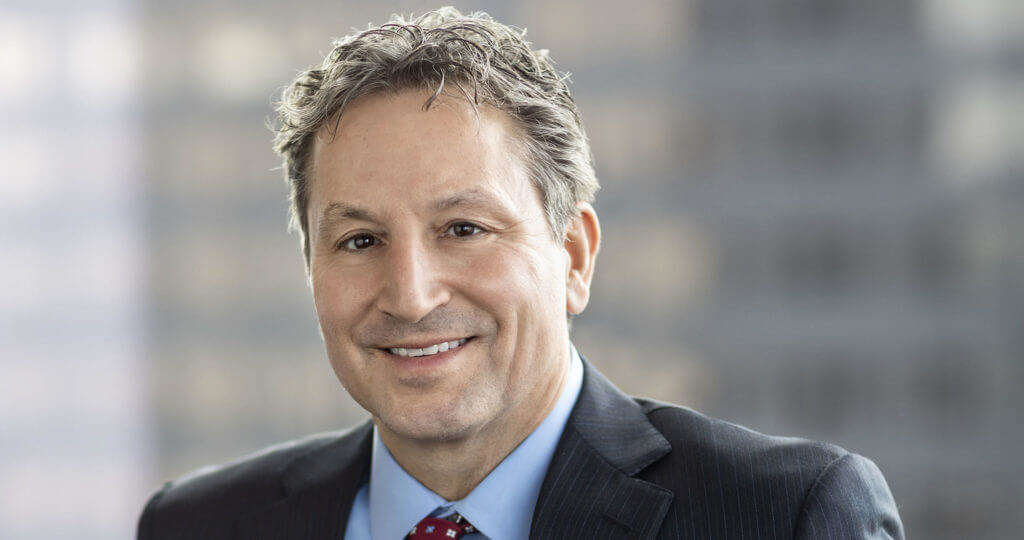Oakmark International Small Cap Fund – Investor Class
Average Annual Total Returns 03/31/22
Since Inception 11/01/95 8.70%
10-year 5.79%
5-year 5.13%
1-year -5.29%
3-month -11.31%
Gross Expense Ratio: 1.37%
Net Expense Ratio: 1.35%
Expense ratios are based on estimated amounts for the current fiscal year; actual expenses may vary.
The net expense ratio reflects a contractual advisory fee waiver agreement through January 27, 2023.
Past performance is no guarantee of future results. The performance data quoted represents past performance. Current performance may be lower or higher than the performance data quoted. The investment return and principal value vary so that an investor’s shares when redeemed may be worth more or less than the original cost. To obtain the most recent month-end performance data, view it here.
The Oakmark International Small Cap Fund returned -11.3% for the quarter ending March 31, underperforming the MSCI World ex U.S. Small Cap Index, which returned -7.2% for the same period. Since its November 1995 inception, the Fund has returned an average of 8.7% per year.
As discussed in greater detail in David Herro’s lead letter, the Fund started the year strong; however, performance turned negative on both an absolute and relative basis during the last six weeks of the quarter as war broke out in Ukraine. The Fund’s overweight to Europe, exposure to more economically sensitive sectors, such as industrials and financials, and lack of exposure to energy all weighed on performance. Although we are disappointed by the near-term underperformance, we remain comfortable with the overall exposure of the portfolio and have generally been adding to those positions that have underperformed during the period. Clearly, the war in Ukraine and the associated increase in inflation (particularly with regards to energy prices in Europe) have increased macro risks, but one also needs to keep in mind the tailwinds associated with economic reopening (particularly in Europe) and the fact that consumers are entering this period with high savings rates. Many of the “economically sensitive” businesses we own began 2022 at relatively low valuation levels, and when accounting for share price declines during the first quarter, we believe the share prices already reflect a significant downturn in the macro environment—or, in some instances, an outright recession. We are mindful of the increased macro risks, but at this point, we do not believe a significant macro slowdown is certain. Thus, we continue to find attractive risk/return propositions in several economically sensitive stocks with share prices that already suggest a significant slowdown.
Incitec Pivot, a large Australian manufacturer of mining explosives and fertilizers, was a top contributor to the Fund’s performance for the period. The company benefited in the first quarter from rising fertilizer prices caused by supply concerns, export bans and rising gas costs. While global markets set Incitec’s realized prices, the company’s input costs are more nuanced and benefit from long-term contracts or low-cost positions as in the case of U.S. natural gas. Ammonia (produced at Incitec’s Waggaman plant in Louisiana) and diammonium phosphate (produced at Incitec’s Phosphate Hill plant in Australia) have soared to extremely high levels, providing near-term earnings upside for the company. Although prices will not remain this high forever and our view of normalized earnings is largely unchanged, the additional cash flow further reduces the company’s debt and can be returned to shareholders. Incitec also announced new CFO Paul Victor, who is currently CFO of Sasol and has significant experience spanning oil and gas, gold and coal mining, and chemicals and energy. We believe this new addition will prove beneficial for Incitec.
Duerr, a German mechanical and plant engineering firm, was a top detractor for the quarter. Although we believed the company’s fiscal-year earnings results were decent, they proved disappointing to investors as net income, revenue and earnings fell short of analysts’ estimates. However, free cash flow generation was strong, order intake set a record and finished up 31% year-over-year, and management’s guidance for 2022 largely aligned with our expectations. We spoke with CFO Dietmar Heinrich in January and new CEO Jochen Weyrauch in March. We believe the company remains well-placed to restore profitability to pre-Covid-19 levels. In our view, Duerr remains a compelling investment with multiple avenues for growth in the core business as well as exciting options in battery coating, medical technology and software.
We initiated one new position during the quarter in Grifols, a Spanish pharmaceuticals company specializing in human plasma-derived products. We appreciate that Grifols participates in the vertically integrated plasma protein oligopoly, which enjoys large competitive moats and global volume growth. As the world moves toward the recovery phase from Covid-19, we believe the company is well positioned to recognize upside potential as plasma collection volumes stabilize and donor compensation normalizes. Moreover, given the opportunistic acquisition of Bio Test and the significant research and development pipeline for drugs, we believe Grifols is positioned to double its earnings over the next five years. We also sold Autogrill, an Italy-based multi-national catering company, during the quarter as its share price reached our estimate of intrinsic value.
Geographically, we ended the quarter with approximately 72% of our holdings in Europe and the U.K., 13% in Asia, and 7% in Australasia. The remaining positions are 5% in Latin America (Mexico), 2% in North America (Canada) and 1% in Africa/Middle East (Israel). We believe the Swiss franc remains overvalued versus the U.S. dollar, and we ended the quarter with defensive hedges on approximately 15% of the Fund’s franc exposure.
Thank you for your continued confidence and support.
The securities mentioned above comprise the following preliminary percentages of the Oakmark International Small Cap Fund’s total net assets as of 03/31/22: Autogrill 0%, Duerr 2.2%, Grifols Class B ADR 0.5% and Incitec Pivot 1.6%. Portfolio holdings are subject to change without notice and are not intended as recommendations of individual stocks.
The MSCI World ex US Small Cap Index (Net) is designed to measure performance of small-cap stocks across 22 of 23 Developed Markets (excluding the United States). The index covers approximately 14% of the free float-adjusted market capitalization in each country. This benchmark calculates reinvested dividends net of withholding taxes. This index is unmanaged and investors cannot invest directly in this index.
The Fund’s portfolio tends to be invested in a relatively small number of stocks. As a result, the appreciation or depreciation of any one security held by the Fund will have a greater impact on the Fund’s net asset value than it would if the Fund invested in a larger number of securities. Although that strategy has the potential to generate attractive returns over time, it also increases the Fund’s volatility.
The stocks of smaller companies often involve more risk than the stocks of larger companies. Stocks of small companies tend to be more volatile and have a smaller public market than stocks of larger companies. Small companies may have a shorter history of operations than larger companies, may not have as great an ability to raise additional capital and may have a less diversified product line, making them more susceptible to market pressure.
Investing in foreign securities presents risks that in some ways may be greater than U.S. investments. Those risks include: currency fluctuation; different regulation, accounting standards, trading practices and levels of available information; generally higher transaction costs; and political risks.
The percentages of hedge exposure of each foreign currency are calculated by dividing the market value of all same-currency forward contracts by the market value of the underlying equity exposure to that currency.
The information, data, analyses, and opinions presented herein (including current investment themes, the portfolio managers’ research and investment process, and portfolio characteristics) are for informational purposes only and represent the investments and views of the portfolio managers and Harris Associates L.P. as of the date written and are subject to change and may change based on market and other conditions and without notice. This content is not a recommendation of or an offer to buy or sell a security and is not warranted to be correct, complete or accurate.
Certain comments herein are based on current expectations and are considered “forward-looking statements”. These forward looking statements reflect assumptions and analyses made by the portfolio managers and Harris Associates L.P. based on their experience and perception of historical trends, current conditions, expected future developments, and other factors they believe are relevant. Actual future results are subject to a number of investment and other risks and may prove to be different from expectations. Readers are cautioned not to place undue reliance on the forward-looking statements.
All information provided is as of 03/31/2022 unless otherwise specified.








